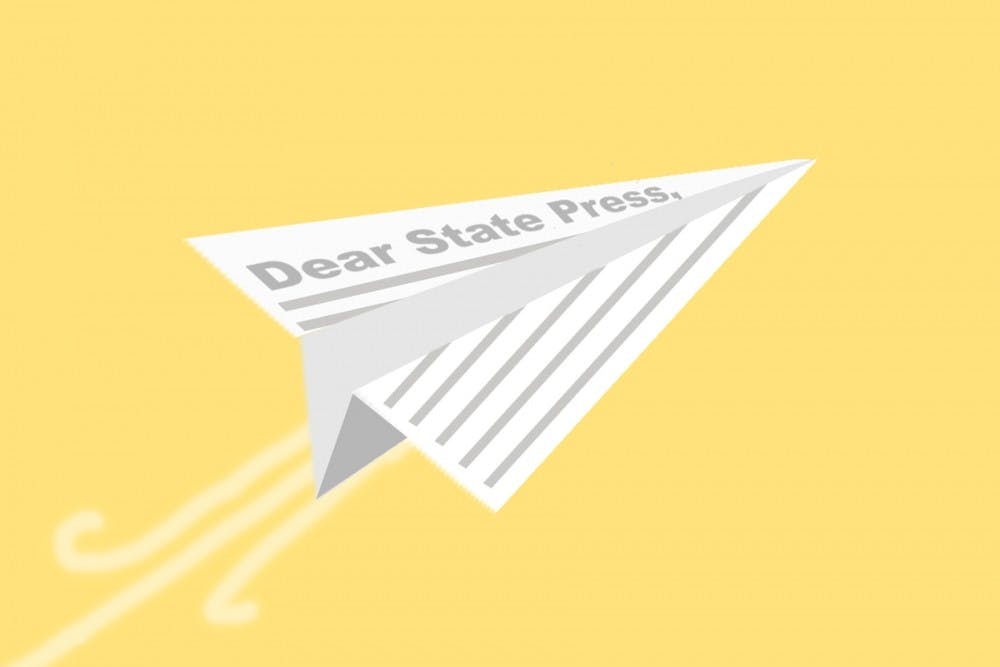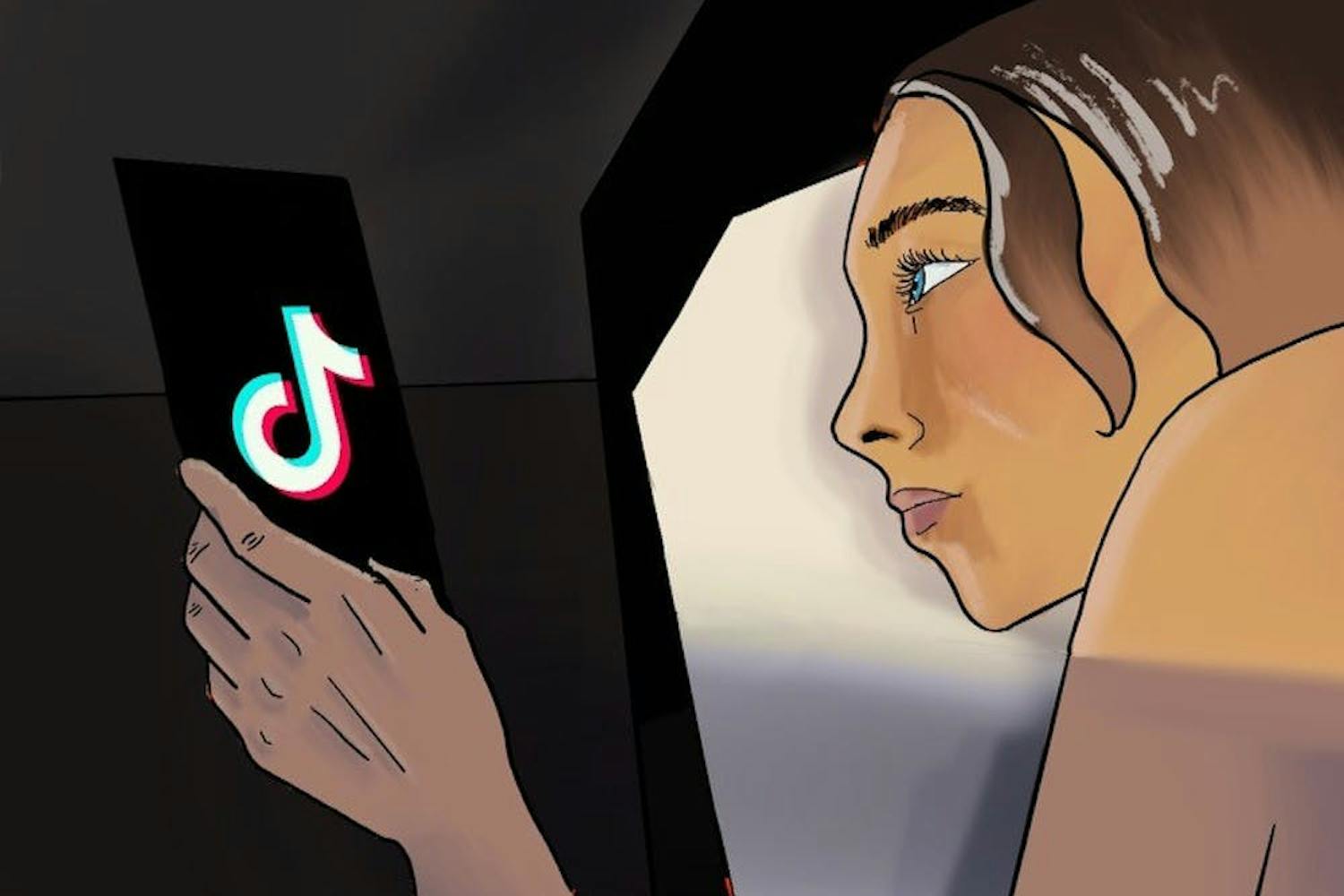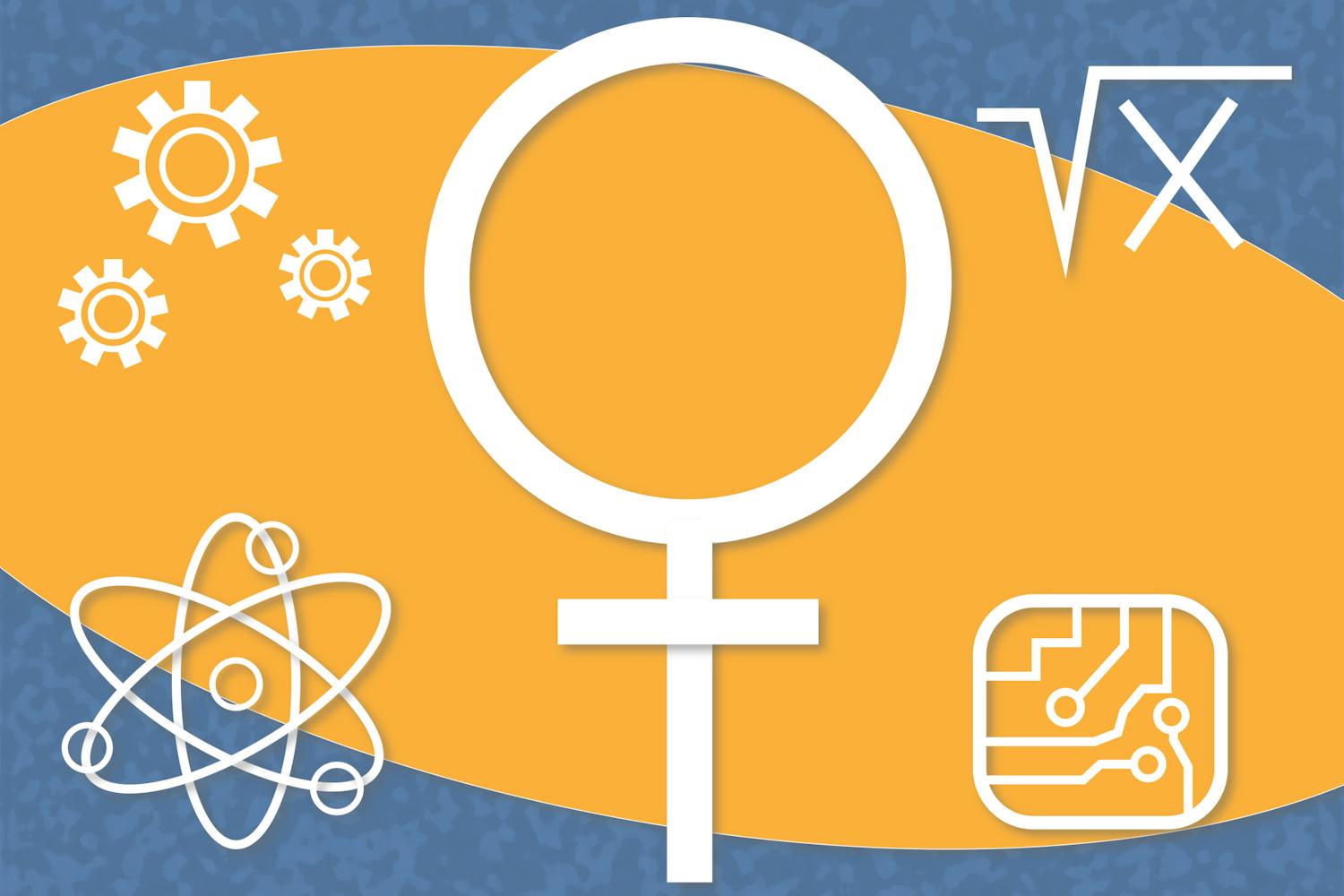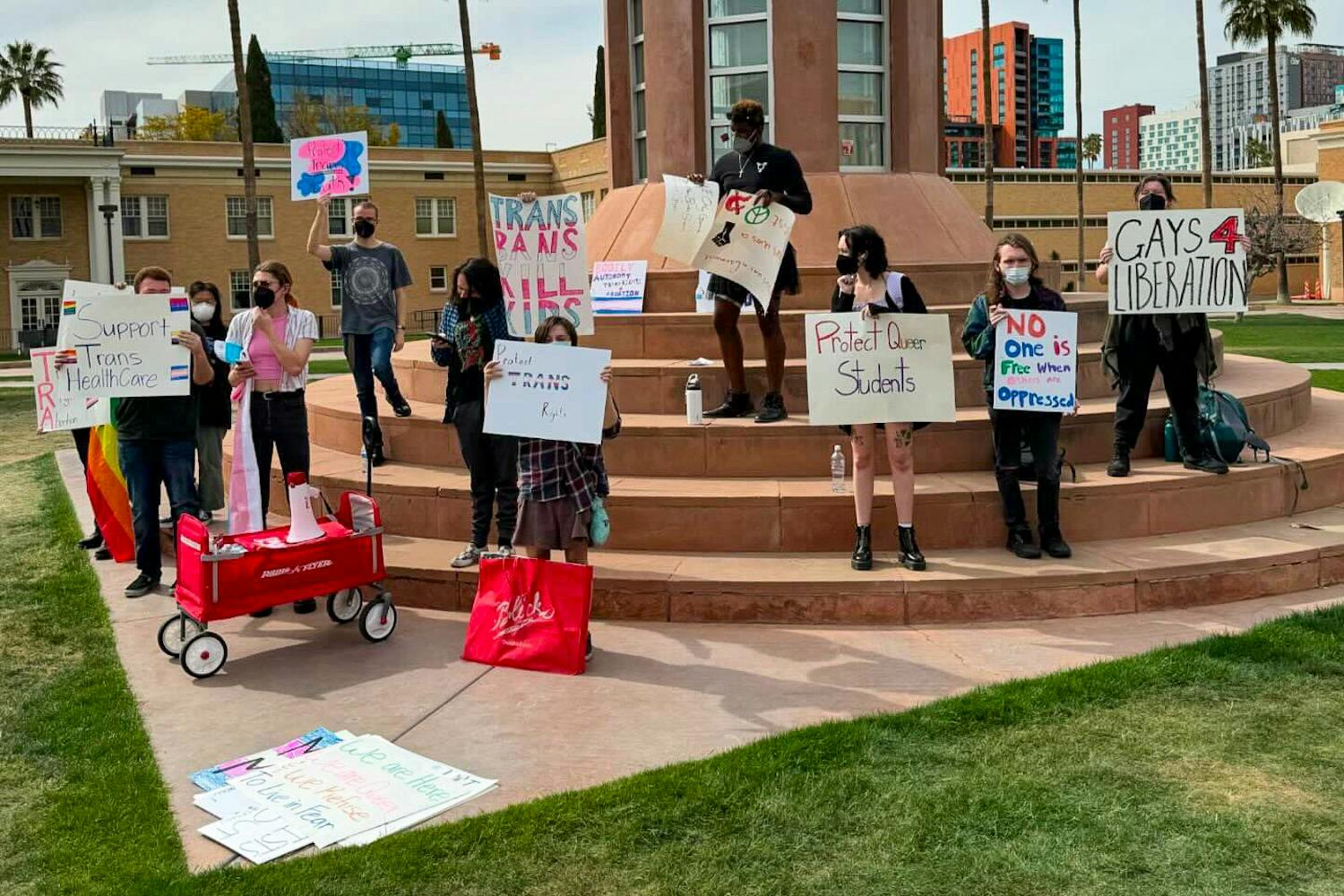This letter to the editor was submitted by Cameron Miller, an ASU alumnus who received a Master's of Sports Law & Business in 2017.
For ASU Vice President for Athletics Ray Anderson, hiring Herm Edwards and completely overhauling the football program’s structure this offseason was a bold move to “break out of the status quo."
But did anyone expect it to be this outside the box? And did conference or NCAA leaders expect it to be this off-script?
In the past week, Edwards and Anderson have made public comments that few other coaches and administrators dare to utter; not only did Edwards talk openly of cutting underperforming players including those who were injured — Anderson endorsed it, boiling it down to “removing players from your roster that aren’t effective.”
Anyone who knows college sports knows that players are often “encouraged” to find a new home. Others are run off their teams. But very rarely do coaches and administrators talk this plainly about a practice that deeply undermines the increasingly precarious notion that college athletes are “student-athletes” — not employees — whose academic responsibilities should be subservient to their athletic endeavors.
At every turn, NCAA, conference and school leaders have worked tirelessly to further that ethos. In comments made at the Final Four, NCAA President Mark Emmert reiterated that there is “no interest in higher education of turning college athletes into employees that are hired and fired by universities.”
Pac-12 Commissioner Larry Scott echoed those comments in September 2017, writing in The Arizona Republic: “As salaried employees, [college athletes] would be subject to market-based financial pressures and could even be fired or have their salaries cut for poor sports performance.”
Ironically, Edwards is threatening to fire his players, though those athletes could keep their scholarships.
But with their comments, Anderson and Edwards have strayed far off message — and yet have uncovered the truth. Their refreshing honesty has revealed that ASU’s players are valued first for their athletic prowess, and even then only if it contributes to team success.
Anderson’s reference to the athletes as “players” (not the talismanic “student-athletes”) and Edwards’ coercion of ostensibly injured athletes and comment that his program didn’t require all 85 scholarship players are all that is required to see the hypocrisy of amateurism in action on ASU’s campus.
Interestingly, Edwards’ statement that perhaps his program didn’t need to fill out all 85 scholarship spots also seems to run counter to the oft-repeated NCAA talking point that athletics is a critical component of a well-rounded educational experience.
Perhaps none of this cutting players talk should be surprising coming from Anderson or Edwards. Both spent the majority of their careers in professional sports, where athletes are released routinely.
But this is “amateur” college sports, where the athletes have been denied employee status, the protections of a union and are not compensated at a market rate for their labor.
Add to it ASU’s effort to professionalize its football administration, and the Anderson-Edwards comments only serve to blur the already hazy line of demarcation between college and professional sports.
True to Anderson’s wishes, the Edwards era in Tempe is already departing from the status quo, though likely not in the way the NCAA (or its lawyers) would have liked.
Editor’s note: The opinions presented in this letter to the editor are the author’s and do not imply any endorsement from The State Press or its editors.
Reach the author at cmille62@asu.edu or follow @C_C_Miller on Twitter.
Want to join the conversation? Send an email to opiniondesk.statepress@gmail.com. Keep letters under 500 words and be sure to include your university affiliation. Anonymity will not be granted.
Like The State Press on Facebook and follow @statepress on Twitter.




